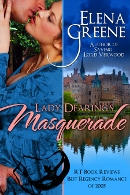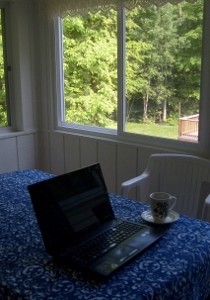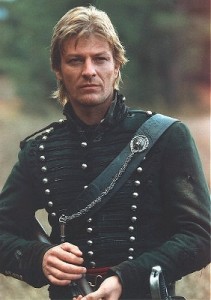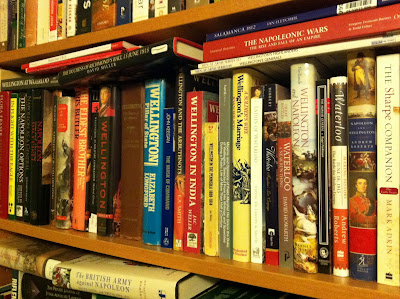 Now that I’m finally close to having a version of the balloonist story (title coming soon, I promise!) to send to my critique partners, I’m looking into yet another project. I’m considering doing an audio book version of Lady Dearing’s Masquerade.
Now that I’m finally close to having a version of the balloonist story (title coming soon, I promise!) to send to my critique partners, I’m looking into yet another project. I’m considering doing an audio book version of Lady Dearing’s Masquerade.
I have a good friend who swears by audio books, since she spends a lot of time on the road. On the other hand, I have never listened to one. I’ve just never had the need. But the popularity of audio books is growing, so I’m working on getting educated.
I’ve listened to a number of samples from romance audio books, just to get an idea of how narration works. Since there’s usually just a single narrator, he or she has to do the dialogue for all the characters: hero, heroine, and everyone else, developing distinct voices for each. It seems quite the challenge.
Some authors choose to narrate their own books, but I know I’m not up to it! I can’t even do a British accent, which is one thing I know I want.
Another choice is whether it’s best in romance to have a female or male narrator.
This issue was discussed pretty thoroughly at the All About Romance blog post Speaking of Audio: Male versus Female Narrators. The question was, if one had to choose, would one “prefer to listen to an effeminate sounding hero or a drag queen heroine”?
As it turns out, with a good narrator, one can avoid either extreme.
Though I’m sure these actor/narrators are out of my reach, here are two examples I really liked:
The first is a sample from Flowers from the Storm by Laura Kinsale, narrated by Nicholas Boulton. Please listen. You will enjoy it!
As an example of a talented female narrator, here’s a sample from Lady Sophia’s Lover by Lisa Kleypas, narrated by Susan Duerden.
Do you listen to audio books? For romance, do you prefer a male or female narrator? Or does it really depend more on how the narrator handles each character?






